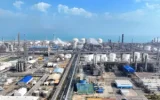
The member of the Board of Directors of the Energy Commission of the Islamic Consultative Assembly, emphasizing the prominent role of the petrochemical industry in the development, job creation, and foreign exchange earning of the country, said: "Undoubtedly, determining the duties and arbitrating the pricing of petrochemical ancillary services will help attract investment in this industry."
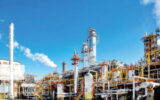
Reducing access to the cold seasons in the cold seasons has directly reduced production and consequently reduced revenue and profitability of the petrochemical industry, and petrochemical units for the cold season are concerned about half the allocation of gas to the industry.
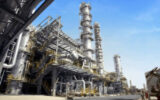
Despite the special capabilities in developing the propylene value chain, due to excessive licensing and lack of sound policymaking by the National Petrochemical Company, this market is becoming saturated and is on track to suffer a similar fate to methanol production units.
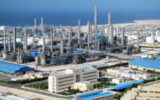
The CEO of the National Petrochemical Industries Company announced the targeted development of the petrochemical industry in deprived provinces based on territorial planning and said: "Completing the value chain in the provinces in accordance with the climate, resources, and regional needs is on the agenda with the aim of balanced and sustainable development of the country."

The CEO of the National Petrochemical Industries Company estimated the value of polymers produced in industrialized and developed countries at about $2,000 per ton and said: "Iran's petrochemical industry must move beyond the chemical sector and move towards creating more added value by producing polymer materials; the total capacity of polymers is currently only about 10 million tons."

The Secretary General of the Petrochemical Industry Employers' Association emphasized the serious pursuit of resolving the industry's problems and said: "New solutions for financing petrochemicals will soon be finalized."

Despite its high capacity for producing propane and propylene, Iran has been unable to produce polyurethane, a key material in various industries, and its heavy dependence on imports has revealed one of the missing links in the petrochemical value chain. According to Mohsen Ansari, a petrochemical expert, completing this chain could be a golden opportunity for economic development and reducing foreign dependence.
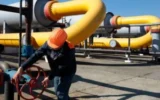
Sabalan Petrochemical was established in 2010 in the strategic region of Assaluyeh with the aim of producing AA grade methanol. With an annual production capacity of 1.65 million tons of methanol, this complex is a key player in Iran's petrochemical industry and is on its way to becoming one of the largest methanol producers in the world.

The Director General of Customs said: In the first quarter of this year, Iran's total non-oil trade reached 43 million 489 thousand tons and was worth 24 billion 684 million dollars.

The Director General of Customs said: In the first quarter of this year, Iran's total non-oil trade reached 43 million 489 thousand tons and was worth 24 billion 684 million dollars.










